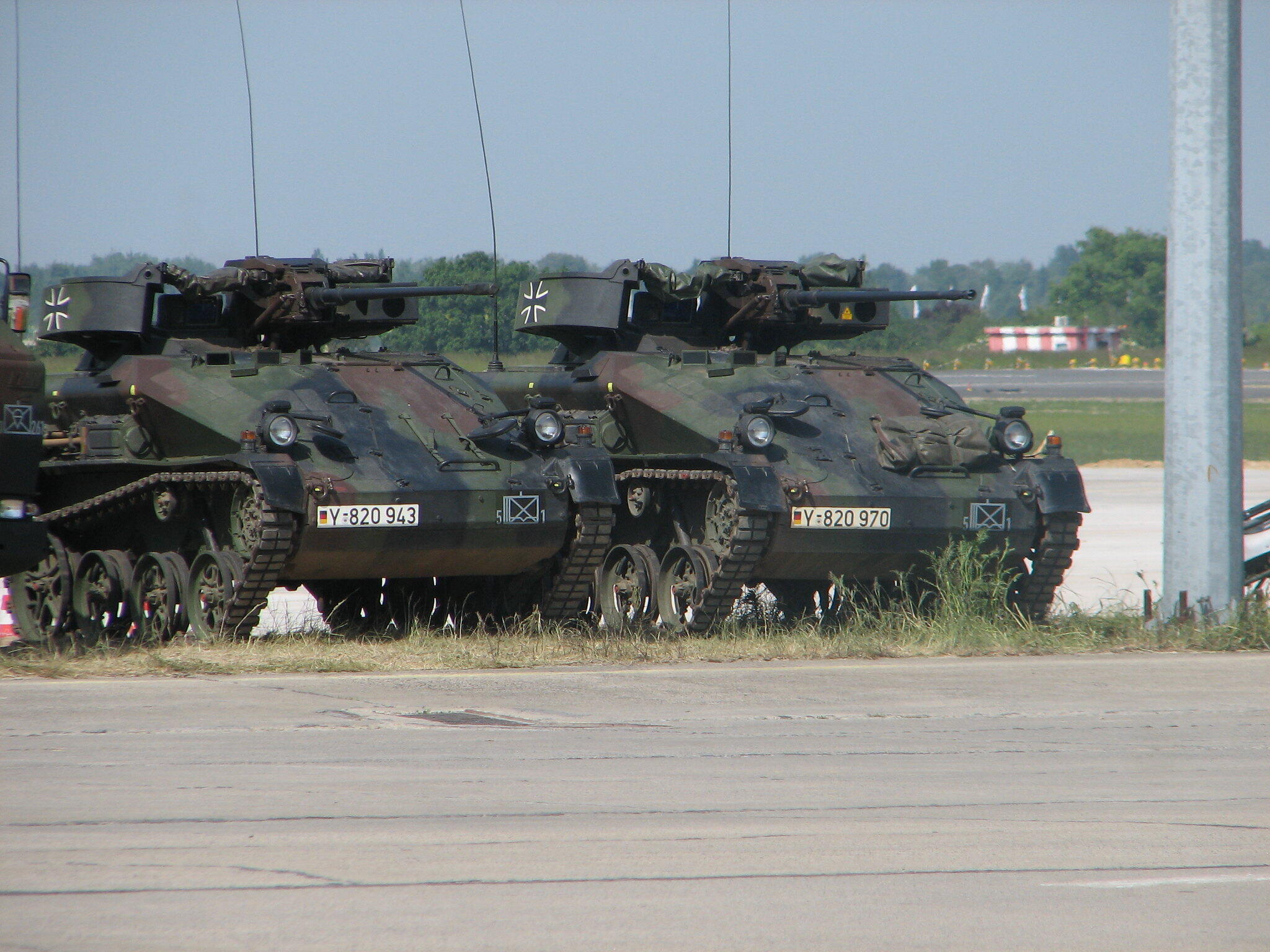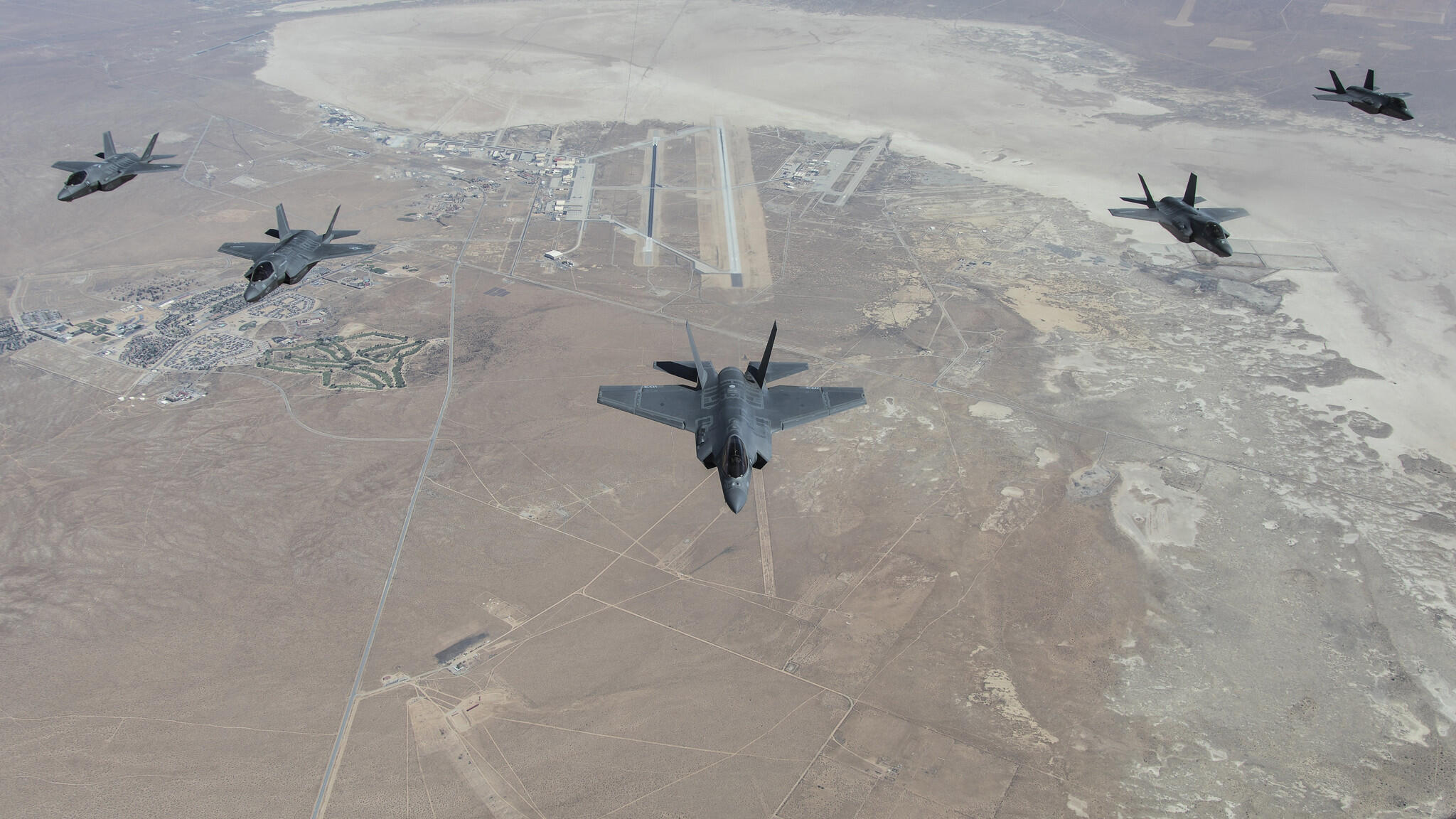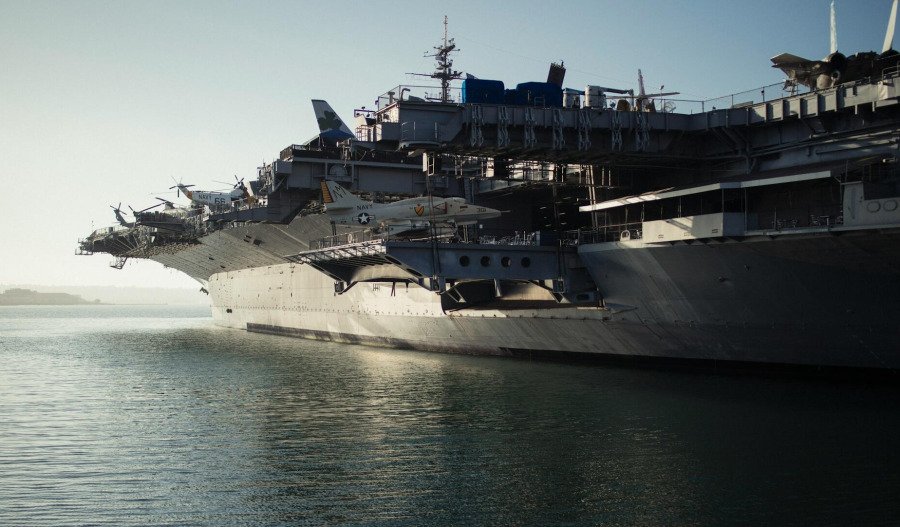The European Union (EU) is undergoing a significant transformation in its defence strategy, spurred by escalating geopolitical tensions, a shifting transatlantic security landscape, and a growing realisation that Europe must bolster its own military capabilities.
The European Commission’s €800 Billion ‘ReArm Europe Plan/ Readiness 2030’ Plan
Amid these dynamics, defence spending across the region is set to increase substantially, with governments committing to higher budgets and more ambitious procurement plans.
According to Konrad Adenauer Stiftung’s Boost for the Defence Industry, “A sustainable and long-term approach to military procurement is essential, primarily through long-term contracts or purchase guarantees.”
This surge in investment is not only intended to strengthen Europe’s security and deterrence capabilities but also presents a substantial opportunity for defence companies.
The European Commission, the executive arm of the EU, earlier this month proposed measures that could raise €800 billion (A$1.37 trillion) in new defence spending.
These measures have yet to be approved by the various EU capitals, but they have been enough to boost EU defence stocks to record valuations since the plan was announced.
Closing Capability Gaps: Modernising Europe’s Armed Forces
These new budgets are designed to address long-standing capability gaps, modernise ageing equipment, and invest in future technologies such as unmanned systems, cyber defence, and advanced surveillance.
With the European Commission pushing for a more integrated and autonomous defence policy, the stage is set for a dramatic reallocation of resources towards both research and production in the defence sector.
Geopolitical Drivers of Increased Defence Spending
One major driver behind increased defence spending is the changing global security environment. According to the International Institute for Strategic Studies (IISS), global defence budgets have reached new heights, a trend that has equally affected Europe.
The IISS analysis highlights that, while nations around the world are ramping up their military expenditures, European nations are rapidly closing the gap.
This is not just about replacing old equipment; it’s about transforming the military landscape by investing in cutting-edge technologies and ensuring that the continent can stand on its own when it comes to security.
Added to the global push, Trump stated in January that NATO members should raise their minimum defence spending to 5% of their gross domestic product (GDP).
The economic rationale is clear: increased defence spending is expected to boost industrial production, create jobs, and generate significant spillover effects for related sectors of the economy.
Germany’s Fiscal Reforms and Defence Spending Shift
In Germany, for instance, recent legislative proposals have sparked discussions about fiscal reforms that could facilitate a historic turnaround in defence spending.
German policymakers recently passed measures that would raise military budgets, streamline procurement processes and support domestic industries.
The German upper house voted in favour of a fiscal package that could bring about sweeping reforms, ensuring that the nation’s defence sector remains competitive on the global stage.
Such initiatives are crucial because they signal a commitment to long-term investments, which are essential for the defence industry's sustainability.

Investor Interest in Defence Stocks
Investors have also noticed increasing defence budgets. European money managers are beginning to bring defence stocks into their portfolios as the prospect of higher spending makes the sector an attractive investment option to cite.
According to reports from Reuters, top money managers are now positioning themselves to benefit from the expected surge in defence orders.
This move is underpinned by a broader sentiment among investors that the traditional barriers to growth in the defence sector are finally being overcome, as governments prioritise security over short-term cost concerns.
Key Beneficiaries: Europe’s Leading Defence Companies
Within this evolving landscape, several international companies have surged to fresh record highs:
German firm Rheinmetall is one of the most notable beneficiaries. With its long history of supplying military hardware and its recent initiatives to repurpose automotive plants for defence manufacturing, Rheinmetall is experiencing a significant increase in orders and capacity expansion.
The company’s diversified product portfolio, which includes land systems, ammunition, and advanced electronics, makes it a key player in the new era of European defence procurement.
Italian defence and aerospace group Leonardo is another company poised for substantial growth. Leonardo is capitalising on increasing demand in areas such as defence electronics, helicopter manufacturing, and cybersecurity.
The company’s robust order book and its strong presence on both the European and international markets allow it to benefit directly from the region’s commitment to enhancing its defence capabilities. As European nations ramp up investments in modernising their armed forces, Leonardo’s innovative solutions are in high demand.
French defence giant Thales is also set to profit from rising defence budgets across the EU. With its deep expertise in electronic systems, cybersecurity, and integrated defence solutions, Thales is at the forefront of securing new contracts from both domestic and international buyers.
The company’s strategic focus on developing advanced radar and communication systems aligns perfectly with the EU’s long-term plans to modernise its military infrastructure. Thales’ ability to deliver high-tech, reliable products ensures that it remains a competitive force in a rapidly evolving market.
British defence contractor BAE Systems, one of Europe’s largest defence companies, continues to benefit from increased public spending on military capabilities.
The company’s extensive portfolio, which spans everything from naval vessels to combat vehicles and aerospace systems, positions it well to capitalise on the renewed emphasis on defence across the EU.

Conclusion
In conclusion, the renewed emphasis on defence spending in the European Union is set to bring about far-reaching changes in both strategic policy and industrial dynamics.
Increased budgets, driven by heightened geopolitical tensions and the need for strategic autonomy, create a favourable environment for defence companies.
Major players such as Rheinmetall, Leonardo, Thales, and BAE Systems are already poised to benefit from this shift, while a host of smaller firms and suppliers stand to gain from increased orders and a more integrated supply chain.



